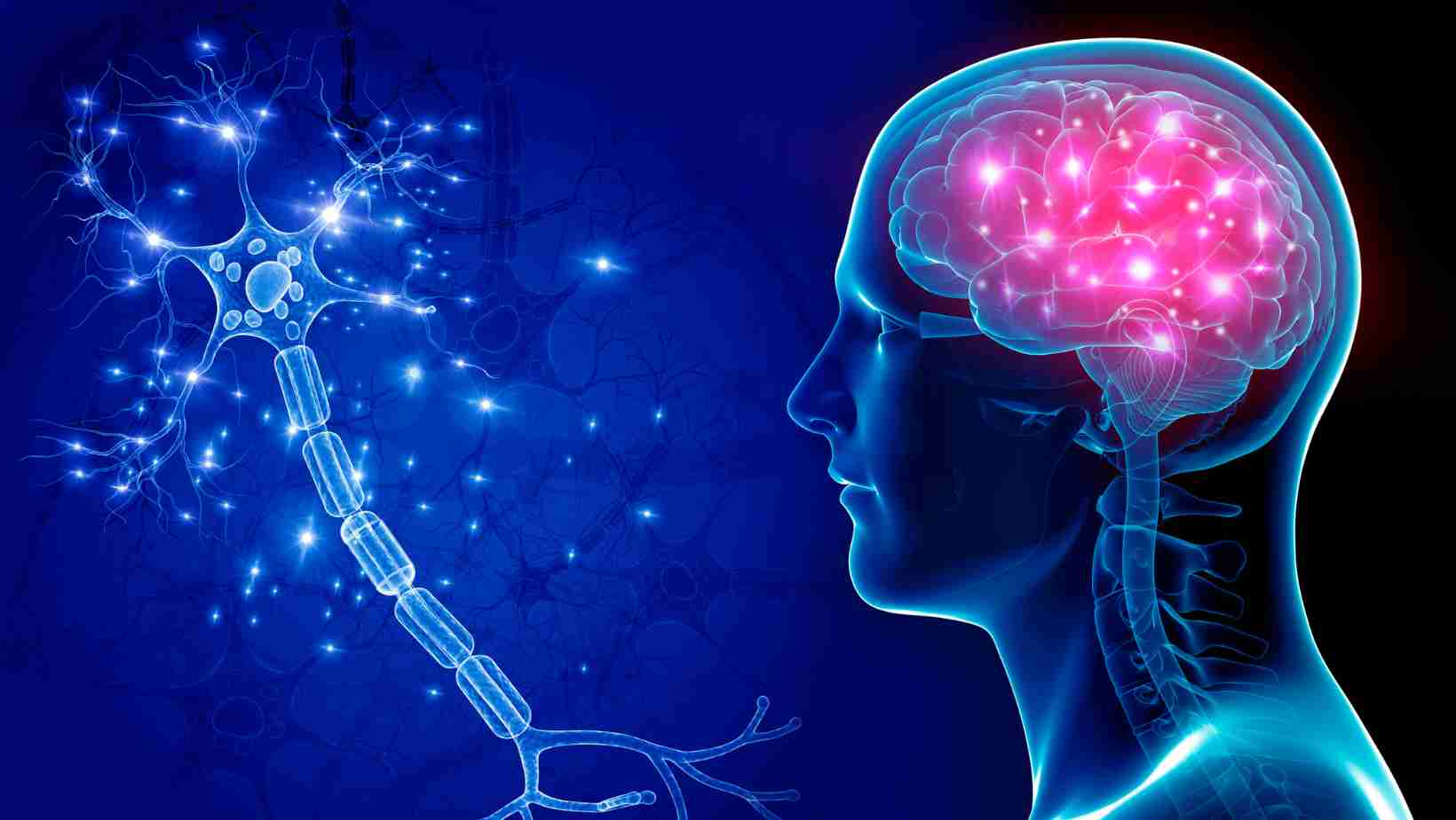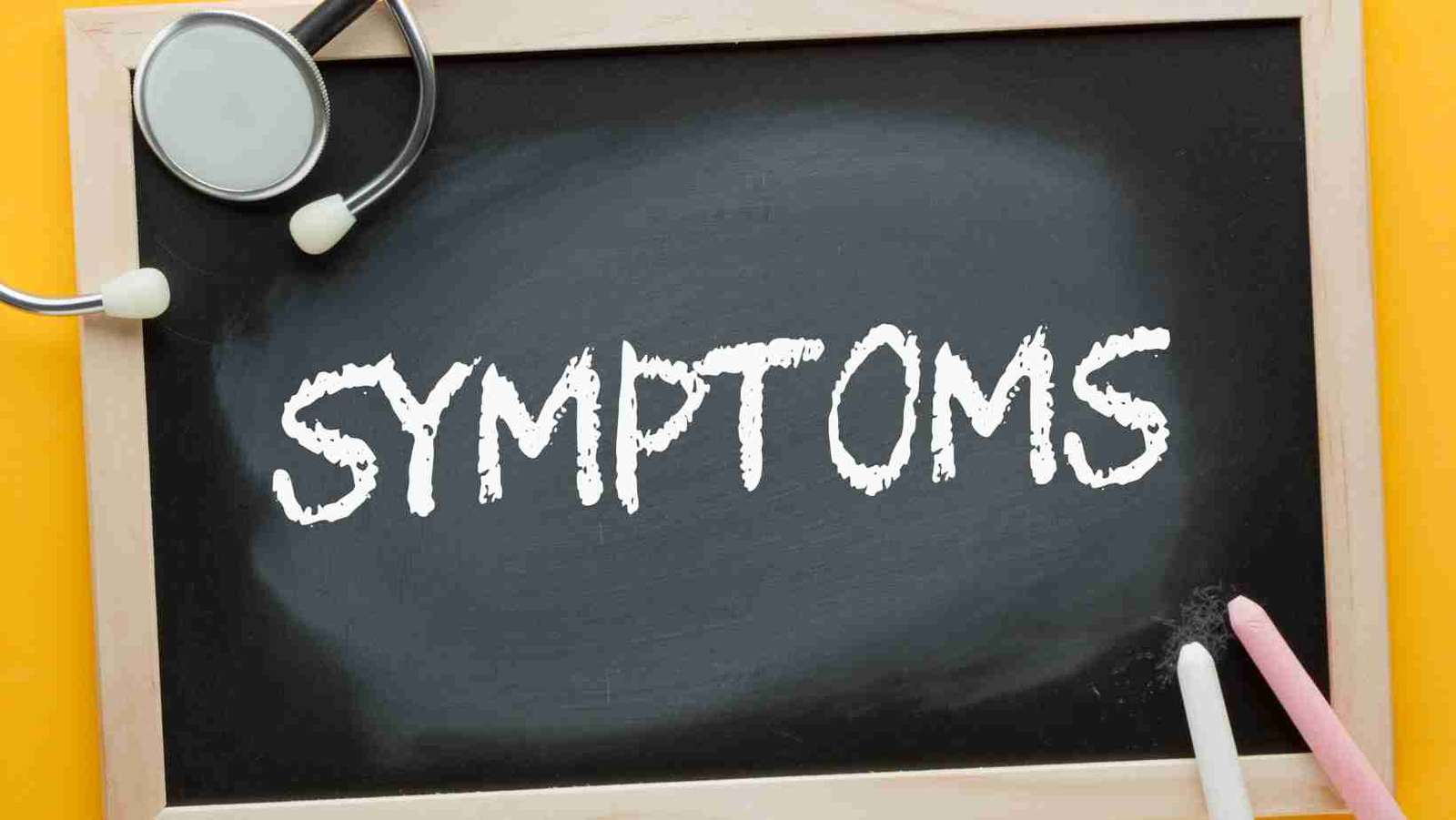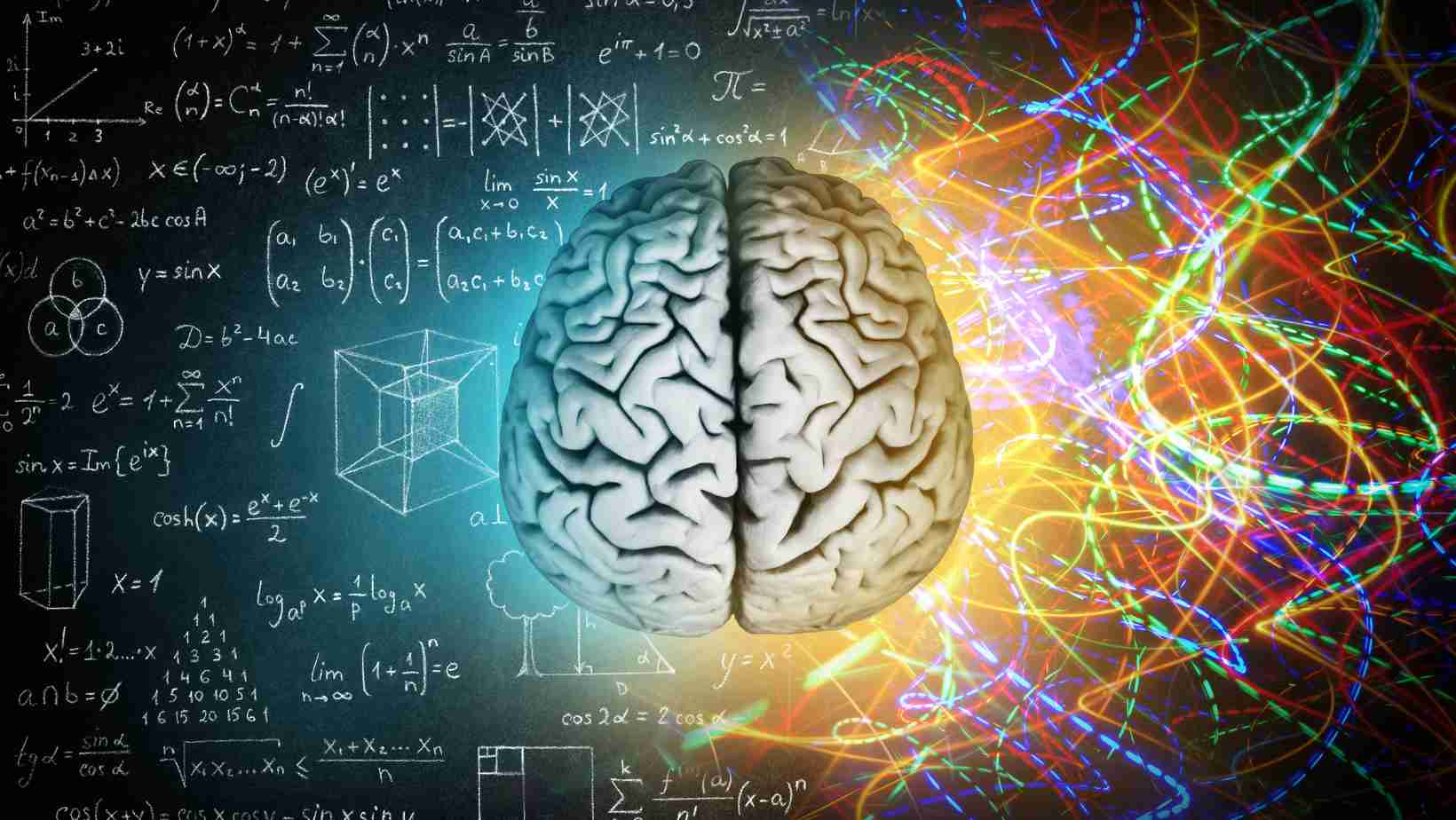
Dr Chandril Chugh
MBBS ( Delhi), MD, DM(ABPN), Neurosurgenology, FAHA, FACP, FINR, FNCC
Consult the Top Pediatric Neurologist: Expert Care for Your Child's Health.
What is the pediatric brain tumours?
Pediatric brain tumors are a serious medical condition that can be devastating for children and their families. The causes of these tumors are not yet fully understood, but research has revealed several potential risk factors for growth. These include genetic mutations, radiation, and certain medical conditions such as neurofibromatosis. In addition, environmental factors such as pollution and pesticides are associated with an increased risk of brain tumors in children. While much remains to be learned about the etiology of these fractures, continued research and insight are needed to improve outcomes for affected children and their families

What should I know about pediatric brain tumours?
Any area of a child’s brain can develop a pediatric brain tumor as a mass of aberrant cells. The treatment and prognosis of pediatric brain tumors can be affected by a number of variables. Which are:
- The tumour’s location in the brain
- Whether or not the tumor is malignant
- The tumour’s size
- The child’s age
The treatments for pediatric brain tumors are distinct from those available for treating adult brain tumors. Due to the tumor’s presence in particular areas of the brain, they can occasionally have long-term effects.

Symptoms of the Pediatric Brain Tumors
The pressure within the brain increases as aberrant tissue grows there. Tumors can produce an increase in intracranial pressure and restrict the usual movement of fluid inside the brain. Pediatric brain tumour signs include:
- Headaches, which could get worse and occur more frequently.
- increased head pressure Unaccounted-for nausea or vomiting
- Issues with vision can appear suddenly, like double vision.
Depending on where the tumour is, additional warning signs and symptoms could include
- Larger sensitive spot (fontanel) on a baby’s skull
- Seizures, especially when none have previously occurred.
- Irregular eye movement
- Difficulty swallowing
- Appetite loss or, in newborns, feeding issues
- Problems with equilibrium
- Walking difficulties
- Weakness
- Facial weakness or droop on one side
- Confusion and annoyance
- Memory issues
- Changes in behaviour or personality
- Hearing issues
Cause of the Pediatric Brain
Pediatric brain tumors are a serious medical condition that can have devastating effects on children and their families. The causes of these tumors are not yet fully understood, but research has identified several risk factors that may contribute to their development. These include genetic mutations, exposure to radiation, and certain medical conditions such as neurofibromatosis. Additionally, environmental factors such as pollution and pesticides have been linked to an increased risk of pediatric brain tumors. While much remains to be learned about the causes of these tumors, continued research and awareness are essential to improving outcomes for affected children and their families.

What circumstances can make children more likely to develop brain tumours?
- Children’s brain tumors may not have an obvious etiology. The incidence of pediatric brain tumors, however, may be increased by genetic and family history variables. The following genetic conditions can increase a child’s risk of developing brain tumors:
- A disorder called neurofibromatosis results in tumors in the nerve tissues
- Disease of Von Hippel-Lindau Anywhere in the body, due to a genetic condition, cysts or tumors can occur.
- Li-Fraumeni syndrome raises a child’s risk of developing cancer.
- Inherited retinoblastoma: a cancer-risking inherited disease
- A hereditary condition called tuberous sclerosis can result in benign tumors in the brain and other parts of the body.
Risk elements
The origin of the tumor is unclear in the majority of children with primary brain tumors. However, some brain tumors, such as ependymoma and medulloblastoma, are more frequent in youngsters. Although rare, a family history of brain tumors or genetic disorders may raise a child’s risk of developing brain tumors.

Treatments for pediatric brain tumors
When choosing a course of treatment for pediatric brain tumors, medical professionals must take the child’s age, the location and size of the tumor, and other health factors into account. The following are common approaches to treating a pediatric brain tumor
1. Surgery: Tumours that are easily accessible can be removed surgically. Additionally, tumors ought to be simple to remove without endangering the nearby nerves. A careful examination of each of these variables is necessary before choosing to operate on and remove tumors.
2. Radiation therapy: Radiation therapy includes using powerful light rays to kill tumor cells. A variety of pediatric brain tumor types may be treated with the treatment.
Proton beam therapy offers stronger doses of focused radiation to brain tumors, limiting radiation exposure to neighboring healthy tissue. It is only available at a small number of medical facilities, such as the (hospital name). This could lessen long-term negative effects as well as the possibility of acquiring new tumors. Because a child’s brain is still developing and more vulnerable to the effects of even low and moderate radiation doses, proton beam therapy is particularly helpful for children with some forms of brain tumors.
In stereotactic radiosurgery, the tumor cells are eradicated in a very tiny region using a highly targeted form of radiation therapy. A gamma knife or a linear accelerator (LINAC) are two examples of the various technologies used in radiosurgery to administer radiation to treat brain tumors.
3. Chemotherapy If a child’s brain tumour develops as a result of malignant growth, chemotherapy may be useful in treating the condition.
4. Medications This treatment concentrates on particular aberrations that are prevalent in cancer cells. Targeted medication treatments can kill cancer cells by preventing such aberrations.

When should a child with a brain tumour see a doctor?
The majority of brain tumor symptoms are unclear because they can also be found in other illnesses and conditions. If you notice symptoms that are severe and have a significant impact on a child’s overall health and development, see a doctor as soon as you can. With early detection and treatment, pediatric brain tumors are curable.
The detection of brain anomalies requires the use of MRI and CT scans. These examinations are painless. As the tests require a patient to remain motionless during the imaging process, a doctor may need to sedate the youngster. Doctors can plan the following actions, such as surgery or removing a sample of tissue for future study, by reviewing test results:
